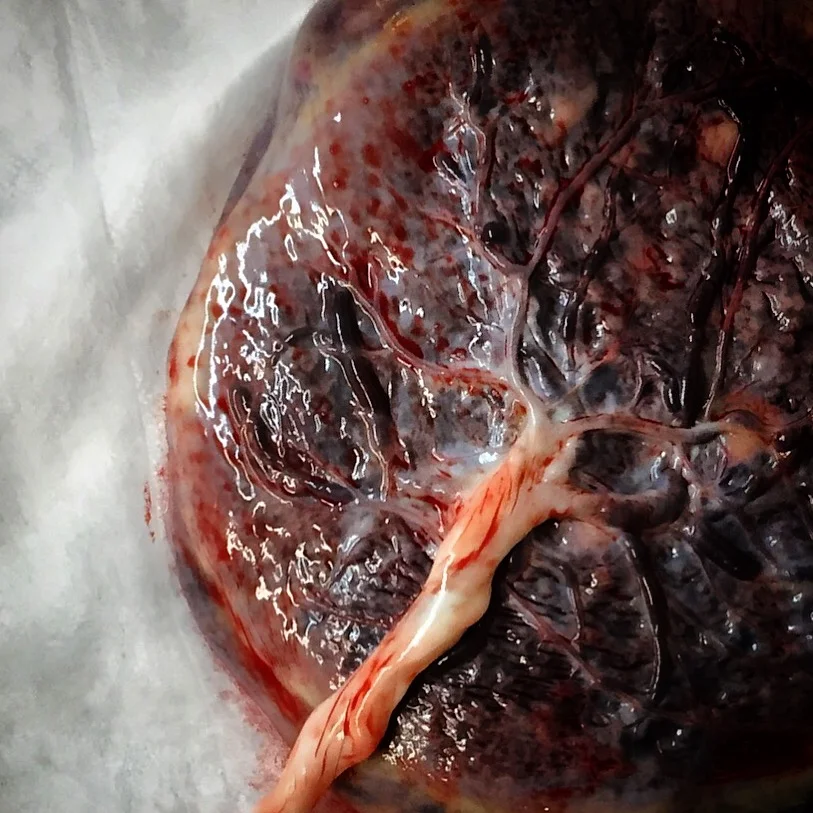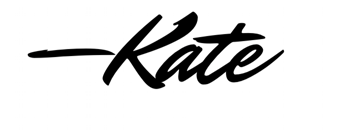Placenta Medicine
“Most of what I’ve learned as a midwife, I have learned directly from mothers and babies.”
When I was in midwifery school...
I traveled to the out-of-state campus for a week-long, hands-on learning intensive. One of the classes our instructors (midwives) had planned for us was on the art of placenta medicine. In this class, we had the opportunity to participate in the process of helping a raw placenta into capsule form. Keep in mind, this was several years before placenta medicine became "a thing" in today's United States (or at least in the Midwest). There were no news stories on celebrities consuming their placenta. There were no (to my knowledge) "placenta encapsulationist certification programs". The art of placenta medicine was a brand new concept to me (which is kind of hilarious, given that placenta medicine is one of the most ancient health-healing practices known to the human race).
Gross.
That is the initial thought that went through my head, quickly followed by, "What am I even doing here?". The midwives went on to explain all the benefits of consuming your own placenta and described the hormonal processes involved in pregnancy through postpartum and the role the placenta plays in those processes. It started to make sense to me, on a theoretical level.
Most of what I've learned as a midwife, I have learned directly from mothers and babies. So, I went home and sought out my teachers. I went home and asked three mothers, who had hired me to be their birth and postpartum doula, if they would be willing to do an experiment with me: I would encapsulate and tincture their placenta and they, in exchange, would provide brutally honest feedback.
All three of these mothers had at least two children, which meant they had previous postpartum experiences to compare their current experience to. After the births of their babies, I carefully brought the placentas home from the hospitals and tentatively encapsulated and tinctured them.
The mothers told me that their postpartum experience with the placenta was completely different from their experiences without it. That's all I needed to hear. I've been making placenta medicine for people after their births, ever since.
Potential Benefits of Placenta Medicine
- supported physical energy
- supported emotions
- slowed bleeding
- more-efficient uterine involution
- supported supply of breast milk
What I Typically Make for Mothers:
- 1 piece of raw placenta, left in refrigerator or freezer after birth
- 4oz of placenta tincture
- 1 bottle of dried placenta capsules (75-125 capsules, on average)
If you want to learn more, I've included a few resources at the end of this post. Feel free to reach out, if you have questions. Be Well. Be Loved. Be Nourished. (And stay curious!)
Want to learn more?
Books:
Placenta - The Forgotten Chakra, by Robin Lim
Placenta: The Gift of Life, by Cornelia Enning


